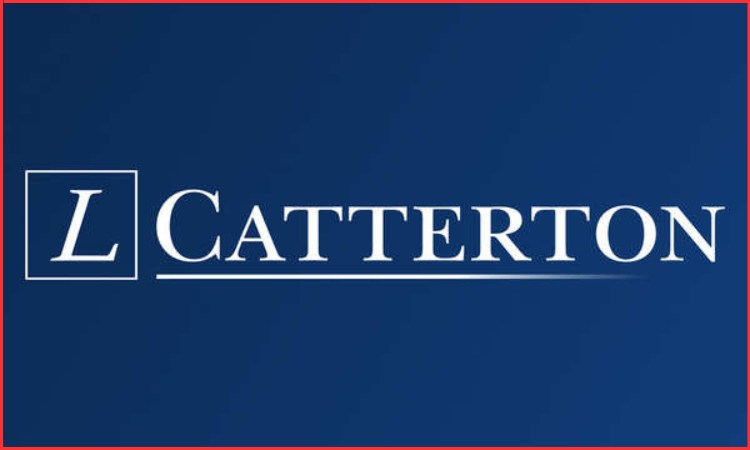
Source: The Economic Times
L Catterton, a global private equity firm, intends to raise $600 million for its first India-only investment fund which will back growing companies in India’s consumer sector.
L Catterton is backed by LVMH, the world’s biggest luxury goods group, and according to a disclosure by the International Finance Corporation (IFC), it will invest $30 million in the new fund and maintain a further $30 million available for a future investment alongside it.
This occurs after the partnership between L Catterton and Sanjiv Mehta, the former CEO of Hindustan Unilever (HUL), was developed in March last year. Mehta, who led the biggest FMCG company in India for 10 years until 2023, worked with the firm to direct attention to the growth in consumerism in India.
The new fund, called the L Catterton India Fund-I, is currently being registered to the Securities and Exchange Board of India (SEBI) as an Alternative Investment Fund, Category II AIF.
Leadership and Investment Plan
Mehta will be Executive Chairman of the India venture. He will be supported by Partner, Head of India Investments, Anjana Sasidharan, and L Catterton’s Asia team led by Managing Partner Scott Chen.
The firm expects to invest in seven to nine companies through this fund, with each investment in the range of $25 million to $150 million. The sectors of interest include food and beverage, healthcare, retail, restaurants, and consumer brands.
Prior Investments in India
Although this is L Catterton’s first India-specific fund, the firm has previously invested in several Indian startups through its Asia fund. These include:
- Sugar Cosmetics (beauty brand)
- Farmley (healthy snacks startup – successfully led a $40 million round recently)
- Drools (petcare brand – became a unicorn after Nestlé made an investment)
- Impresario (owner of Restaurant chain Social)
- Jio Platforms (owned by Reliance Industries)
Record number of Indian companies raising funds and a growing interest in the Indian market
With this fund, L Catterton will not be alone in its pursuit of investments in India as other firms including A91 Partners, Fireside Ventures, and DSG Consumer Partners are also focused on India.
In 2024, there will already be a number of Indian and global firms raising large funds with some sizable amounts. A91 Partners closed their largest fund at $665 million and Accel India raised $650 million. Peak XV Partners are also believed to be working on a new fund between $1.2 – $1.4 billion after their split from Sequoia Capital.
This shows growing confidence among investors in India’s consumer market and its potential for growth














